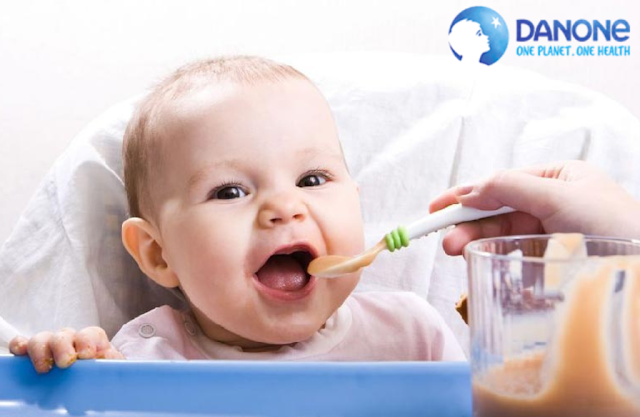The Best Baby Cereals and When to Try Them
The paediatricians
often suggest breast milk or breast milk formula as the primary food source for
your baby for the first six months. But after that, you need to provide them
with soft solids and baby cereals.
If your baby
only had breast milk or breast milk formula so far, you need to ensure they
gradually start swallowing thicker consistency foods. It is one of the primary
reasons why baby cereal is the best transitional meal. It can be prepared with
breast milk or milk formula in any desired thickness.
While many baby cereal brands claim to offer the best baby food, you need to consider the
fortified cereals with sufficient iron amount that’s crucial for their
development and growth. Since your baby’s iron stores begin to deplete after
six months, it’s crucial to provide them with sufficient iron content from food
sources.
Baby cereals,
such as quinoa and oats, are good sources of whole grains. Whole grains are
known to provide higher levels of nutrition (like minerals and protein) and fibre
content compared to refined grains.
The baby cereal
is even a good means for different serving foods, such as a small portion of
peanut butter. This way they add a little more nutrition to fruit and veggie
purees for babies, together with heartier food textures.
Right Nutrients
for Infants
When it comes to
an infant’s food requirements, it is all about proper nutrition. The taste is
not important for nourishing the baby’s body. This time you need organic
oatmeal baby cereal, which is rich in nutrients, fibre and protein content for
the baby.
A good oatmeal
baby cereal contains the following nutrients:
l Iron: One serving of Farex Wheat Apple
Refill contains enough iron content to meet the daily recommended iron value
for growth and development. This nutrient is essential for a baby’s brain
development. Hence, it’s an essential nutrition source for your growing child.
l Fibre: Your baby
requires around 1g of dietary fibre to keep them from getting bloated or
constipated, which is common in infants when they start consuming cereals.
l Protein: Protein intake
is also crucial in their first year. It is essential to form the whole
structure of the body – from tiny cells to big muscles. Usually, oatmeal
cereals have 2g of protein per serving. So, it fulfils 17% of an infant’s
dietary food requirement.
l Carbohydrates: One serving of
oatmeal cereal contains around 9g of carbohydrates that’s important to boost
energy in your little one.
How to Choose a
Baby Cereal
You must choose
an iron-fortified baby cereal. The best cereals are the ones containing quinoa-based
grain and oats.
If you serve
rice cereal to your baby, it is advised to limit it to a couple of times per
serving with different types of foods.
Here are some
cereals to consider for your baby:
l Farex Wheat
Apple Refill
l Farex Variety
Pack Refill, 6 Month Baby Food
l Farex Wheat Rice
Fruits Refill
l Farex Rice
Refill
l Farex Ragi Rice
l Farex Multi
Cereal Mixed Fruits
Experts also
suggest you make your cereal at home. Here’s how you can make DIY baby cereal: Add
pulse oats in a food processor and grind to make a fine texture. However,
remember that plain oats don’t include enough iron as the iron-fortified
cereal.
So, ensure you
serve other iron-rich foods like beans or meat, along with baby cereal.
Conclusion
You can start
giving baby cereals to your infants between 4 to 6 months when they can easily
digest solid foods. However, to choose the right baby cereal for your baby,
consult a paediatrician or check the nutritional label content on a baby
cereal’s package.




Comments
Post a Comment